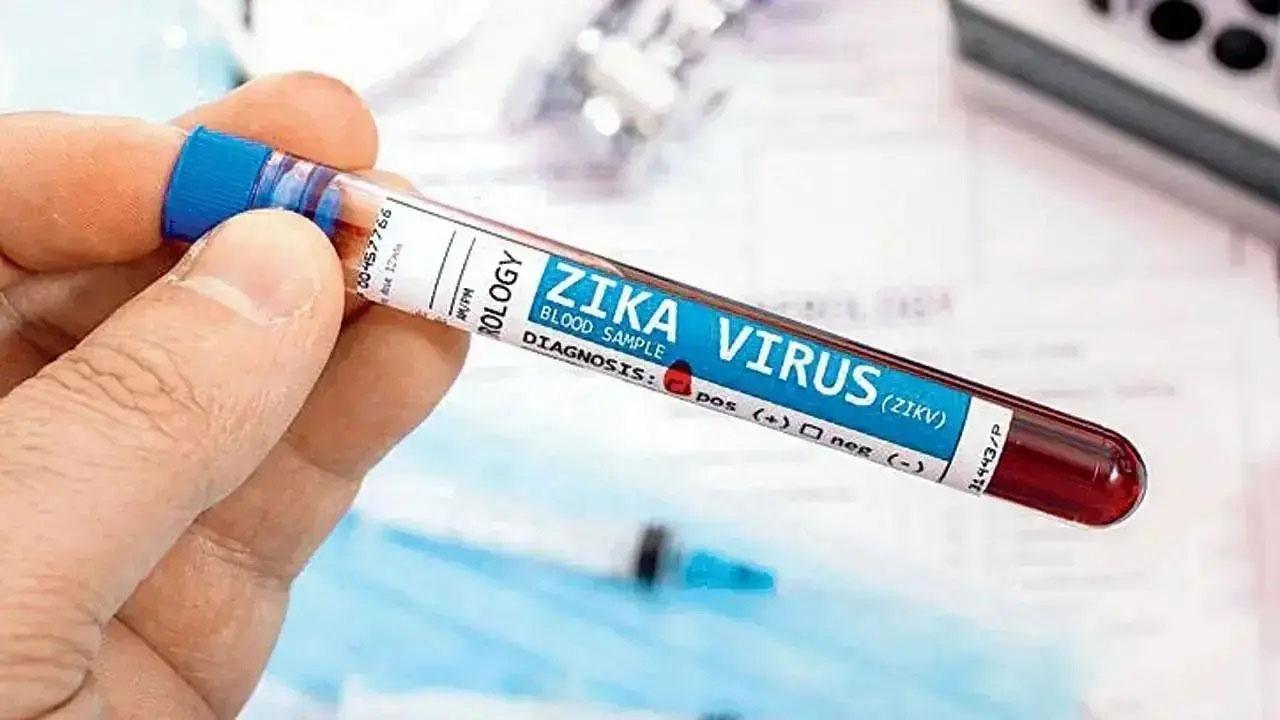The findings, published in the journal eBioMedicine, revealed that only 5 per cent of children whose mothers experienced Zika infections during pregnancy are born with physical or neurological disabilities and diagnosed with congenital Zika syndrome

Image for representational purpose only. Photo Courtesy: istock
Maternal Zika virus infections can re-programme foetal immune development, leading to long-term consequences for children's immunity, according to a study on Friday, amid cases of the mosquito-borne viral disease in India.
ADVERTISEMENT
The study led by Cleveland Clinic researchers in the US showed that the immune system occurs in children born even without the physical characteristics associated with congenital Zika syndrome.
While visible symptoms of congenital Zika syndrome include impaired skull or brain development, the team found "much more to this condition than meets the eye".
The findings, published in the journal eBioMedicine, revealed that only 5 per cent of children whose mothers experienced Zika infections during pregnancy are born with physical or neurological disabilities and diagnosed with congenital Zika syndrome.
The remaining 95 per cent, who did not exhibit symptoms, may have been affected by the virus with long-term immunological repercussions.
But babies without these symptoms are deemed healthy and hence do not receive any follow-up medical care or attention, said Suan-Sin (Jolin) Foo, from the Department of Infection Biology at Cleveland Clinic.
"Studies have only really focused on what's happening with the children who were born with visible physical conditions like microcephaly or neurological complications," she said.
The researchers teamed up for an international study that began with a large Zika virus outbreak in Brazil in 2015.
They used blood samples from newborn and two-year-old children whose mothers were infected by Zika virus during pregnancy.
Immune analysis revealed highly elevated levels of inflammation, even two years after the Zika virus infection was cleared.
In addition, the affected children's immune systems favoured producing one type of T-cell over another. This led to changes in their responses to childhood vaccines, making them highly vulnerable to future infections including diphtheria, tetanus, and pertussis (DPT).
The study called for "expanding diagnostic criteria and conducting more research".
 Subscribe today by clicking the link and stay updated with the latest news!" Click here!
Subscribe today by clicking the link and stay updated with the latest news!" Click here!







